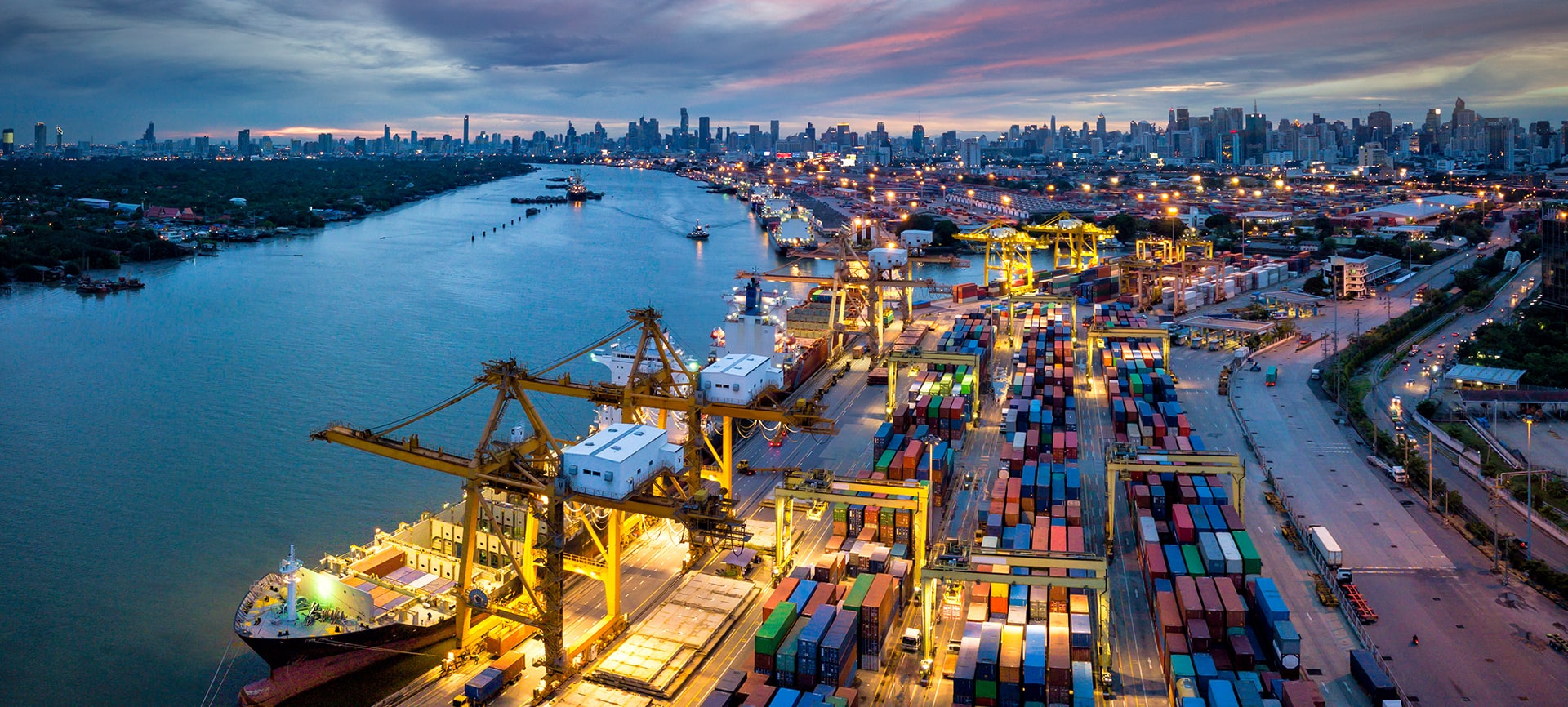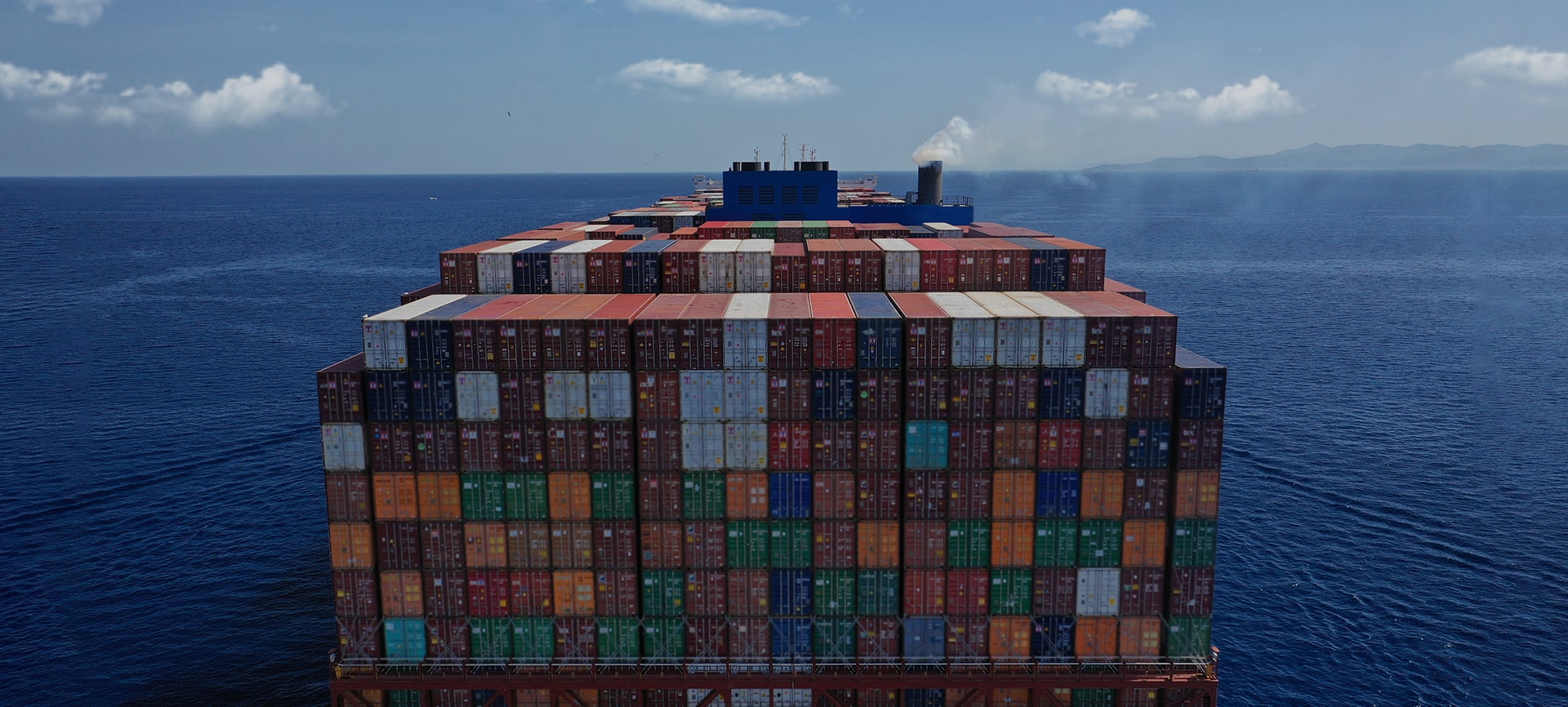Posted on: October 15, 2024 / Last updated: October 15, 2024
The Impact of Digitalization in Trade Logistics and the Role of CLOs

In recent years, the trade logistics industry has been witnessing significant advancements in digitalization.
Particularly, the establishment of Chief Logistics Officers (CLOs) has drawn attention regarding its potential impact on the industry.
This article delves into the background and expected effects of this trend.
CONTENTS
Current State of Digitalization in Trade Logistics
Digitalization in trade logistics faces challenges due to the involvement of various players, leaving many analog aspects intact.
With stakeholders such as shippers, truck drivers, forwarders, and customs brokers using different formats, efficient information exchange has become difficult.
Given this context, digitalization is deemed essential for enhancing operational efficiency.
Challenges of Digitalization and the Transition Period
During the transition from analog to digital, a temporary increase in effort and costs is anticipated.
The industry is currently in a transitional phase, where digital and analog practices coexist.
Overcoming this period will gradually lead to improvements in operational efficiency.
Significance of CLO Establishment
By 2026, the establishment of CLOs will be mandatory for companies of a certain size in Japan.
The emergence of this role is expected to enable more specialized management of logistics operations.
CLOs will bear responsibility for the entire supply chain, thus contributing to the promotion of digitalization.
Conclusion
The establishment of CLOs may accelerate the digitalization of trade logistics in the future.
As the industry undergoes transformation, the anticipated benefits of efficiency are on the horizon. Attention is drawn to the upcoming developments.



![[Logistics Finance Revolution] Mitsui & Co. Opens Digital Securities for Aircraft and Ships, Redefining Supply Chain Investment | IINO san's Logistics News](/wp-content/uploads/2026/01/20260113en-640x360.png)








